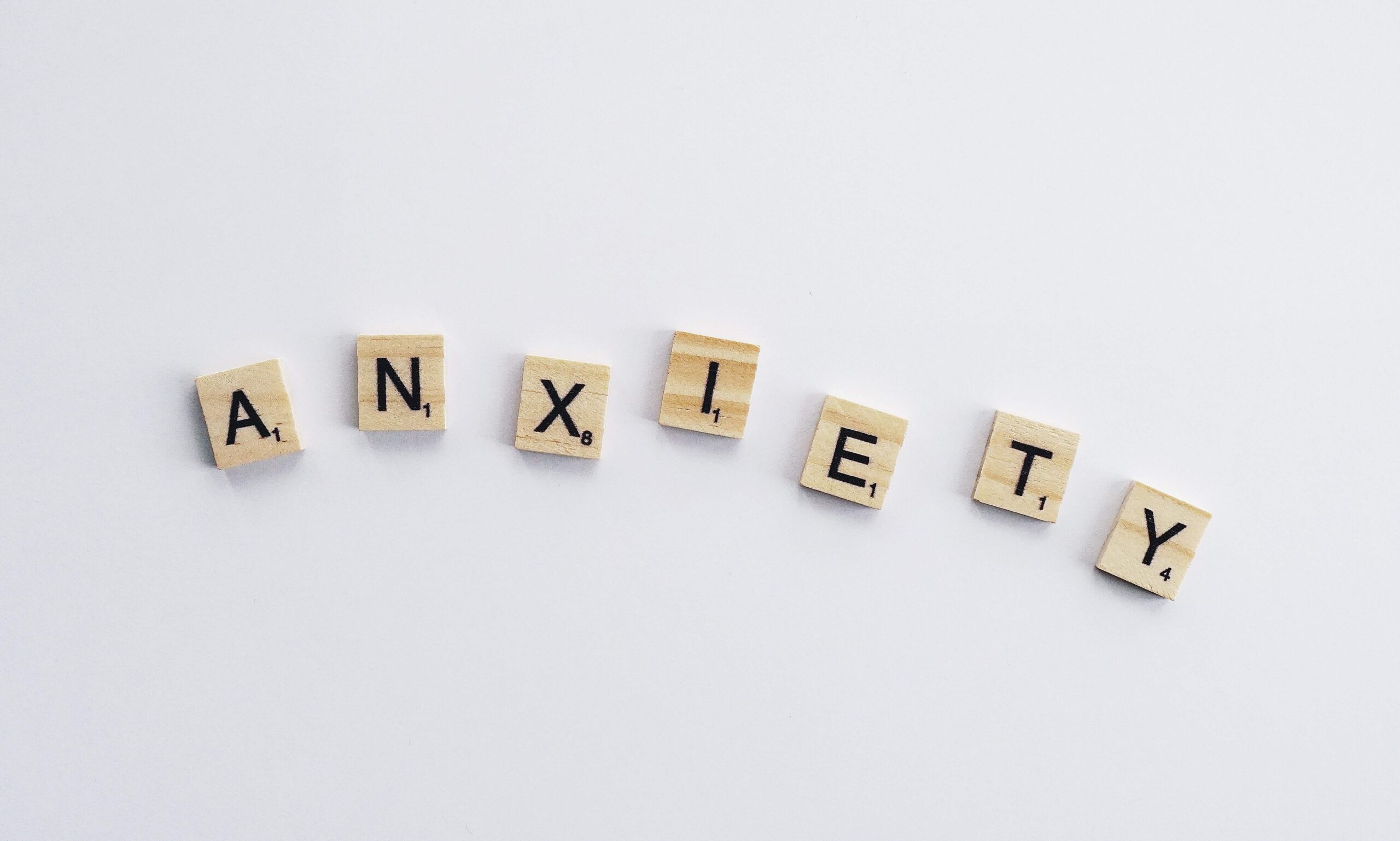

What is the Best Way to Treat Generalized Anxiety Disorder?
- Counseling, Therapy
- June 27, 2023
What is Generalized Anxiety Disorder?
Generalized Anxiety Disorder (GAD) is a mental health condition characterized by excessive and persistent worry or anxiety about various aspects of life. Individuals with GAD often experience heightened and uncontrollable anxiety that extends beyond specific triggers or situations. The worries associated with GAD are typically excessive, intrusive, and difficult to control, leading to significant distress and impairment in daily functioning.
People with GAD may constantly anticipate the worst outcomes and have a tendency to overthink and ruminate on potential threats or dangers. They may also exhibit physical symptoms such as restlessness, fatigue, muscle tension, irritability, difficulty concentrating, and sleep disturbances. Generalized Anxiety Disorder can significantly impact various areas of life, including work or school performance, relationships, and overall well-being.
It is important to note that Generalized Anxiety Disorder is a distinct diagnosis and should be differentiated from normal worry or anxiety experienced in response to specific stressors. GAD is a chronic condition that often requires professional intervention and treatment to alleviate symptoms and improve overall quality of life.
Symptoms of Generalized Anxiety Disorder
Generalized Anxiety Disorder (GAD) is characterized by the presence of excessive and persistent worry or anxiety that is difficult to control. The symptoms associated with GAD can manifest in various ways and may include:
- Excessive worry: Individuals with GAD often experience a heightened sense of worry or anxiety about a wide range of everyday concerns, such as work, health, finances, or relationships. The worry is disproportionate to the actual situation and can be difficult to dismiss.
- Restlessness and irritability: People with GAD may feel restless, on edge, or constantly on guard. They may find it challenging to relax and may experience irritability or a sense of tension.
- Muscle tension: Persistent muscle tension, such as tightness in the neck, shoulders, or jaw, is a common symptom of GAD. This tension can lead to physical discomfort and even headaches.
- Difficulty concentrating: GAD can make it challenging to focus or concentrate on tasks. Individuals may feel easily distracted or have their minds racing with anxious thoughts.
- Fatigue and sleep disturbances: GAD can cause persistent fatigue, even after adequate rest. Sleep disturbances, such as trouble falling asleep, staying asleep, or experiencing restless sleep, are also common.
- Physical symptoms: In addition to the psychological symptoms, GAD can also manifest physically. This may include symptoms such as sweating, trembling, shortness of breath, rapid heartbeat, stomach discomfort, or gastrointestinal issues.
It’s important to note that the symptoms of GAD can vary from person to person, and individuals may experience a combination of these symptoms to different degrees of severity. If you or someone you know is experiencing these symptoms and they interfere with daily life, it is recommended to seek professional help from an Anxiety therapist in Oklahoma for an accurate diagnosis and appropriate treatment.
Treating Generalized Anxiety Disorder (GAD) with Therapy and Counseling
Therapy and counseling are highly effective approaches for treating Generalized Anxiety Disorder (GAD). They can provide individuals with the necessary tools and strategies to manage their anxiety and improve their overall well-being. Here are some ways therapy can help in the treatment of GAD:
- Cognitive-Behavioral Therapy (CBT): CBT is a commonly used therapeutic approach for GAD. It focuses on identifying and challenging negative thought patterns and beliefs that contribute to anxiety. Through CBT, individuals learn to replace irrational thoughts with more realistic and adaptive ones, leading to a reduction in anxiety.
- Relaxation Techniques: Therapists can teach relaxation techniques such as deep breathing exercises, progressive muscle relaxation, and mindfulness meditation. These techniques help individuals manage anxiety symptoms and promote a sense of calmness and relaxation.
- Behavioral Interventions: Therapy can involve behavioral interventions that target avoidance behaviors and promote gradual exposure to anxiety-provoking situations. By gradually facing feared situations in a controlled manner, individuals can learn to tolerate and manage anxiety more effectively.
- Stress Management Skills: Therapy can teach individuals stress management techniques, including time management, assertiveness training, and problem-solving skills. These skills help individuals cope with stressors more effectively, reducing anxiety levels.
- Support and Validation: Therapy provides a safe and supportive environment where individuals can express their fears and concerns without judgment. Therapists offer empathy, validation, and understanding, which can help alleviate feelings of isolation and provide comfort.
- Medication Management: In some cases, medication may be prescribed to help manage the symptoms of GAD. Therapists can work collaboratively with psychiatrists or other healthcare providers to ensure comprehensive treatment that combines therapy and medication, if necessary.
It’s important to remember that therapy is tailored to each individual’s specific needs. The therapist will work closely with the individual to develop a personalized treatment plan that addresses their unique symptoms and challenges. With the guidance and support of an experienced Oklahoma mental health therapist, individuals can gain valuable insights, develop coping skills, and experience significant relief from the symptoms of GAD.
Find a Therapist for Anxiety near me in Oklahoma
If you or someone you know is struggling with Generalized Anxiety Disorder (GAD), seeking therapy and counseling can be a life-changing decision. The compassionate team at Cedar Tree Counseling of Oklahoma is here to support you on your journey towards managing anxiety and reclaiming a sense of calm and well-being. Our experienced Oklahoma therapists are trained in evidence-based approaches such as Cognitive-Behavioral Therapy (CBT) and are dedicated to providing personalized care tailored to your specific needs. Don’t let anxiety hold you back from living a fulfilling life. Take the first step today by scheduling an appointment with Cedar Tree Counseling. Together, we can work towards overcoming anxiety and building a foundation for a brighter future.
